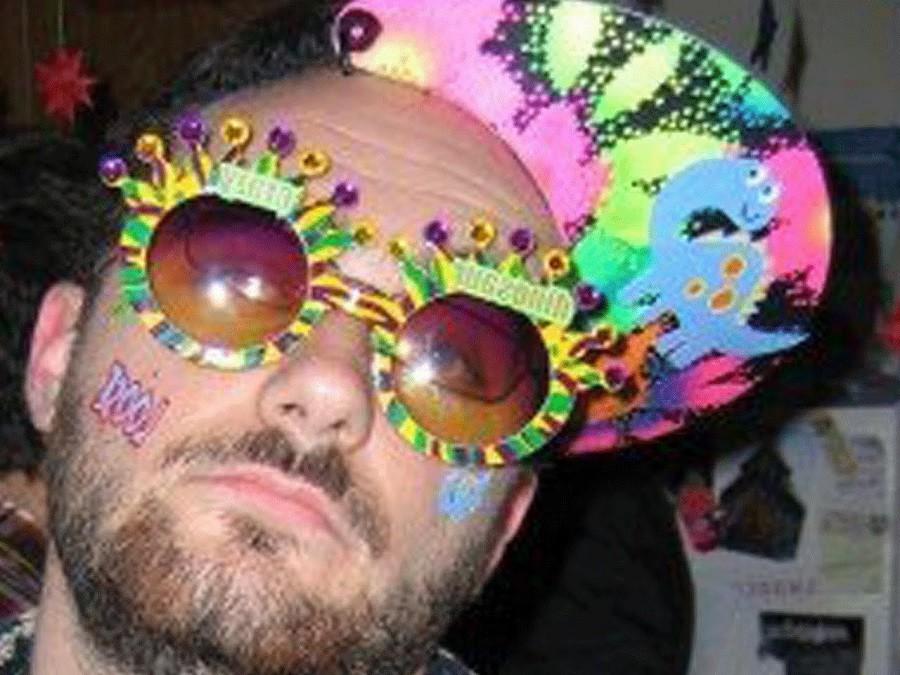Our Generation isn’t in Crisis, Hopefully
According to many people, today’s youngest generation is in deep, deep trouble. This is a thumbnail for the YouTube video, “Juvenoia”, created by Vsause.
November 11, 2015
Juvenoia is a term usually associated with generational groups fearing younger people, first used by Sociologist David Finkelhor in his essay over the topic. It leads to the sense that because children and teenagers are raised differently than how previous generations were, that their generation is in a crisis. Countless studies, surveys and general public opinion preach similar attitudes:
“Kids these days spend too much time watching TV, on their phone and watching Netflix! Technology is ruining this generation!”
In fact, playing certain video games, an often used symbol of corruption among young people, can be related to better cognitive thinking skills according to a study by scientists at Queen Mary University at London. In reality, video games can be a great source of developing decision and thinking skills. They are easily looked down on as extremely negative sources of entertainment that waste time, however that just isn’t the truth.
Another commonly used scapegoat, the smartphone, is actually extremely beneficial to gaining knowledge. Access to all the information in the world is only a pocket away. Interaction through social media builds social and cultural exchange that could never occur without such technology. Doors are opened to today’s young people that have never been budged before.
So what’s up with the hate against technology by older generations? To be frank, it’s simply different. They didn’t grow up with technology nearly as advanced as today. In truth, the so-called hate isn’t really a dislike or jealousy, but a general protective response. Vsause, a popular youtuber, suggests in his video about Juvenoia that maybe those feelings come from a selected trait of worry over how the next generation is raised, as they carry on the species.
It may be that our generation of young people isn’t in as much trouble as society likes to think. That would make sense, as data collected by Vocativ, an online paper, clearly shows that today’s generation is actually more well behaved and takes part in less crime than previous ones.
Scary as it may seem, in fifty years we could be the ones declaring disaster upon the new youngsters. And annoying as it can be, there’s a small comfort in knowing our generation is actually doing just fine, and that the insistence of imminent failure of society is simply concern from the heart.




